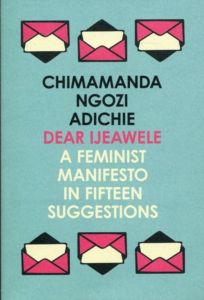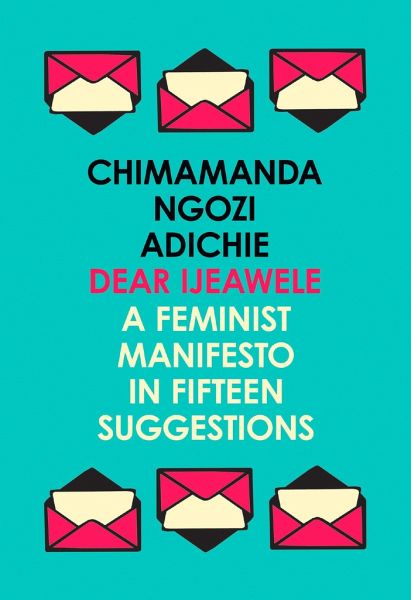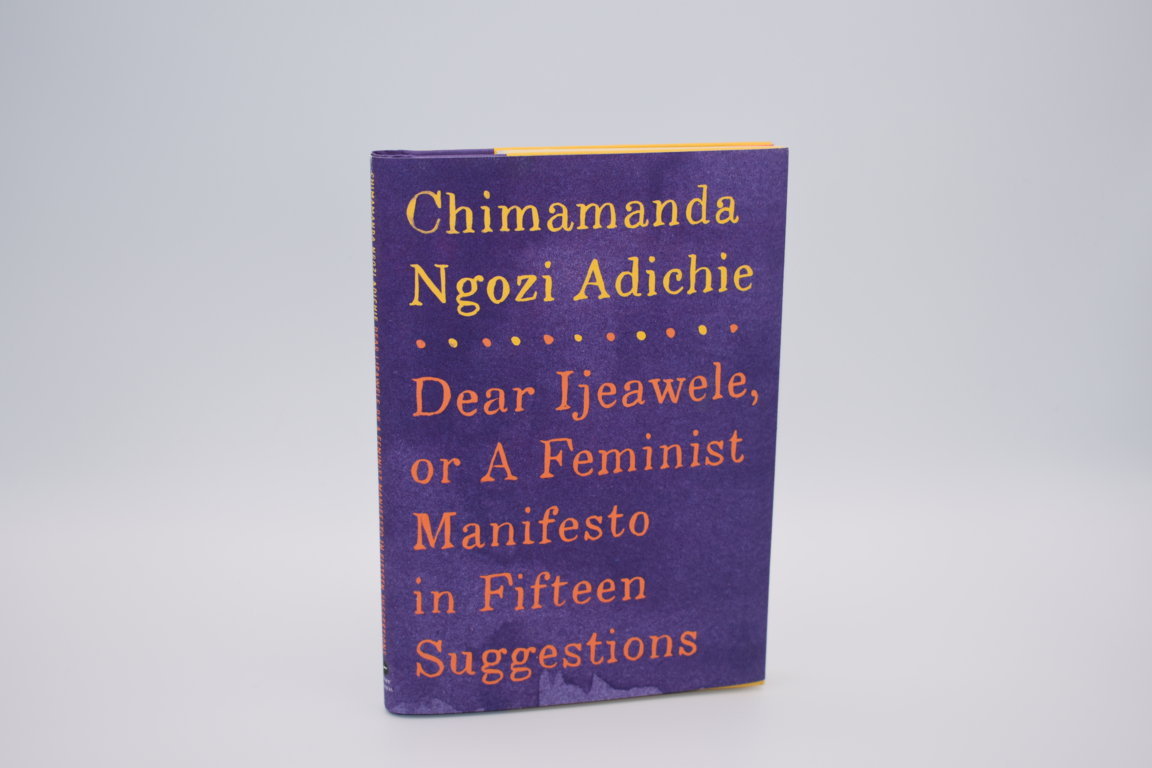

Feminism is Gloria Steinem, or feminism is the British stuff.īut for me, feminism is my great-grandmother, who was a feminist. The people who said you can’t talk about feminism because it’s Western, and I think, for them, feminism is what they read about. I started to talk about it publicly with my book called We Should All Be Feminists––which was actually initially given as a talk at a TEDx event that was focused on Africa. I don’t remember a time when I wasn’t passionate about this feeling of injustice. And it was clear to me, very early on, that women and men were not treated the same way that women were treated unfairly, just because they were women.

I became a feminist because I was born in Nigeria and I observed the world.

I didn’t become a feminist because I read anything Western or African.

And also because Western feminism is the most documented, the most known-about, so it’s seen as, essentially, the only feminism. Hope Reese: There’s a scene in your book We Should All Be Feminists where you are giving a talk in Nigeria and someone says that feminism is “un-African.” What does feminism mean in Nigeria?Ĭhimamanda Ngozi Adichie: People say that because they want to find a way to discredit feminism. Here is our conversation, edited for length and clarity. I spoke to Adichie on the phone and asked her what sexism looks like in Nigeria, whether the current feminist movement leaves out black women, and other topics. Her words have not only earned her many literary honors, including the National Book Critics Award, the Orange prize, and a MacArthur fellowship, they also have resonated with many powerful figures, from Oprah to Beyoncé to Hillary Clinton. Yet in her latest work, Dear Ijeawele: A Feminist Manifesto in Fifteen Suggestions (2017), Adichie posits that sexism can be an even more destructive force than racism. from Nigeria, and some of her most powerful writing––in her 2013 novel Americanah, for instance––explores what it means to be African, and what it means to be African American, with extraordinary depth. It would be a way of denying that the problem of gender targets women.”Īdiche, the internationally celebrated novelist, moved to the U.S. “It would be a way of pretending that it was not women who have, for centuries, been excluded. “Some people ask: ‘Why the word feminist? Why not just say you are a believer in human rights, or something like that?’ Because that would be dishonest,” Chimamanda Ngozi Adichie wrote in We Should All Be Feminists (the book based on her 2012 TED Talk).


 0 kommentar(er)
0 kommentar(er)
